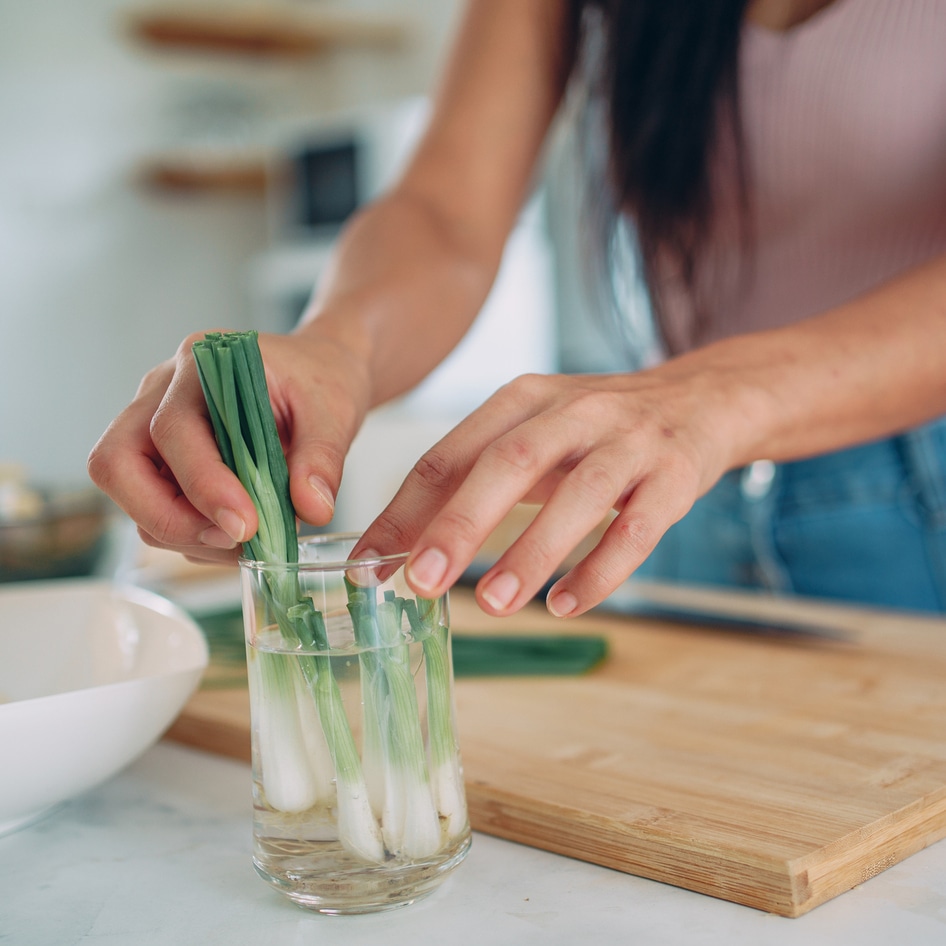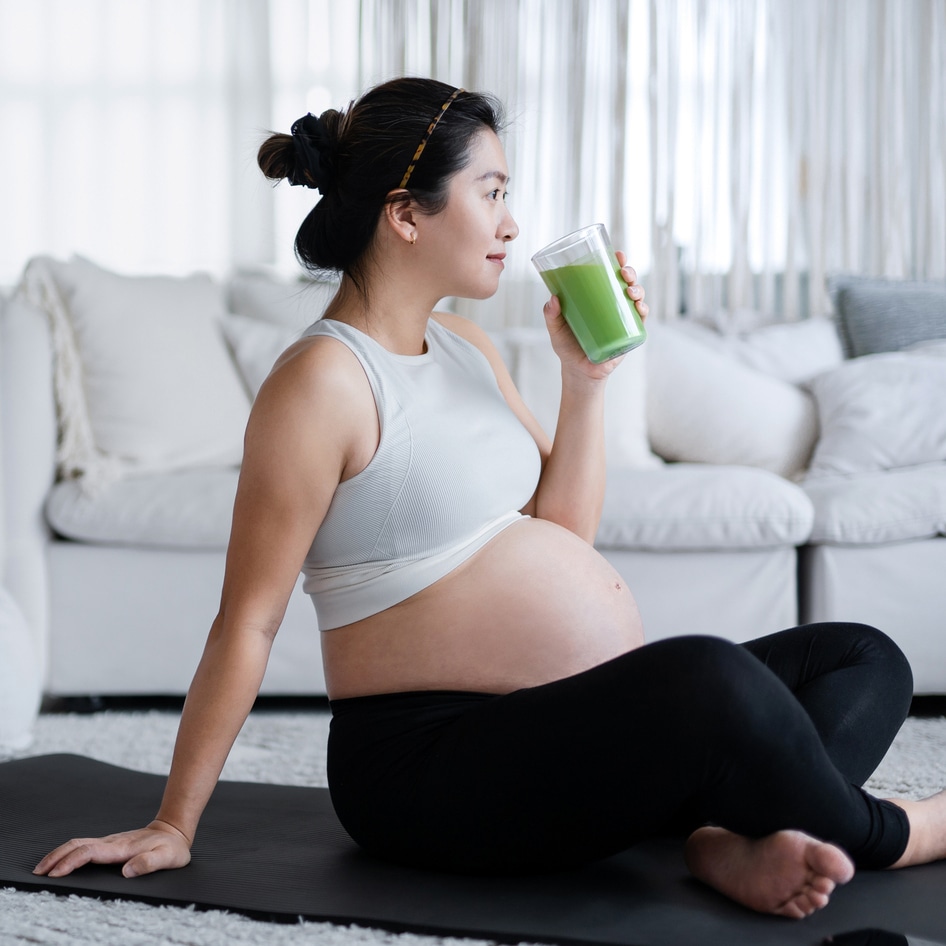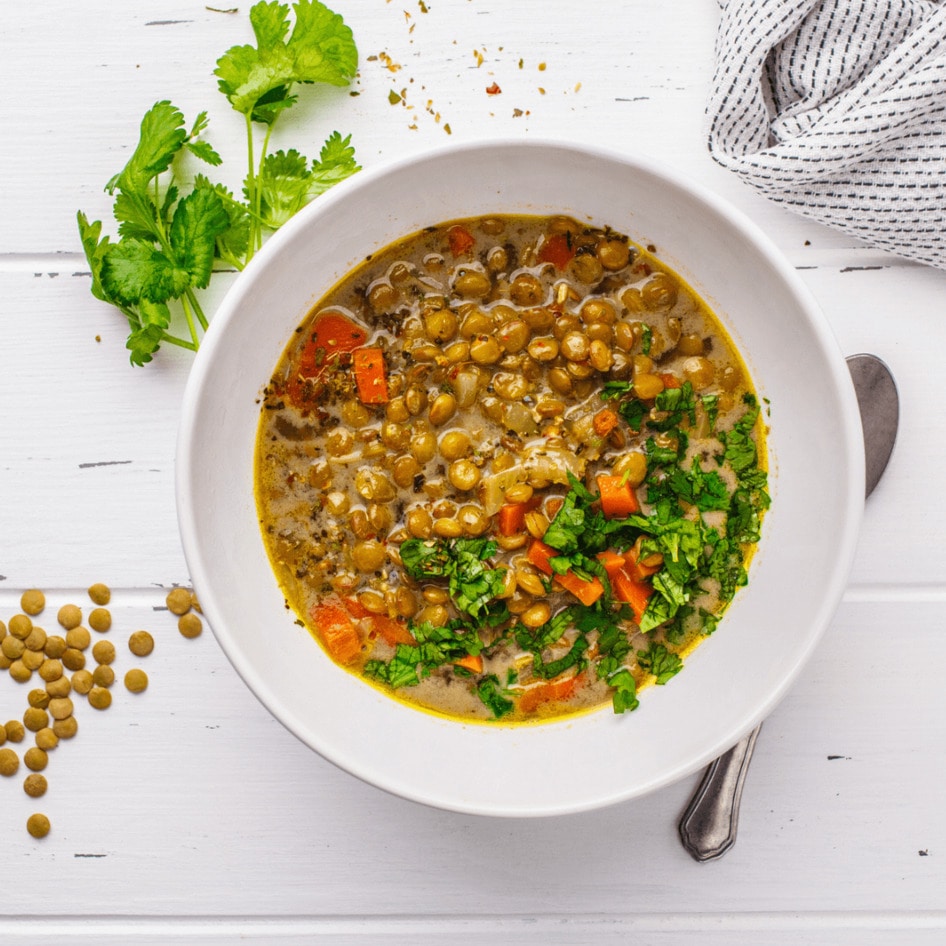Fight the Recession by Eating Vegan on a Budget
Think plant-based diets aren’t an affordable way to live? Two words: drop biscuits.
April 4, 2010
Even before the most recent economic downturn, myths have existed that vegan diets are too expensive and time consuming to be accessible to mainstream America. It’s true that health-food store prices certainly aren’t affordable for everyone, and they often don’t exist at all in small-town America. If you’re struggling to support yourself financially, let alone nutritionally, never fear: From cutting coupons to crafting a discerning supermarket eye, these tips and tricks will keep you laughing all the way to the bank.
Homemade Aides
With just a dash of creativity and a pinch of forethought, eating nutritious, affordable food is an option open to everyone. The most frequent complaint people make is that they don’t have time to eat and cook healthfully, but if we were really honest, we’d realize it has less to do with the time we’re lacking and more to do with a lack of effort. If we have time to pack the family into the car, drive to a restaurant, wait for a table, decide what to order, wait for the food, pay the bill, and drive back home, then we have time to make a delicious, inexpensive meal at home. For fast-food addicts, consider how much healthier a serving of 10-minute rice is than a greasy, unsatisfying carton of French fries.
Cooking By The Book
Baking mixes that come in a box cost an awful lot for what you get—flour, sugar, and baking powder. After calculating the cost of making homemade biscuits, we found that it only costs a mere $1.15 for 12 biscuits—that’s 10 cents a biscuit! Why not dazzle friends and family with a fantastic batch of down-home Drop Biscuits? At 10 cents a pop, you could still spring for multi-purpose non-hydrogenated margarine to spread on top! That’s just one example. As a rule, it costs far less to build a meal (desserts included) from whole, nutrient-rich plant foods than it does from animal-based products.
Supermarket Mayhem
Dried goods from the bulk bins in grocery stores such as pasta, brown rice, flour, oatmeal, lentils, beans, herbs, and spices are infinitely less expensive than buying packaged, processed, and pre-cooked versions. When it comes to cooking or baking, nothing beats starting from scratch, in terms of taste and cost. If your local grocery stores or bargain warehouses don’t afford you the luxury of bulk bin shopping, scour shelves for off-brand whole grain items instead of opting for name brands—because really, oatmeal is oatmeal, no matter its packaging. While buying fresh, locally grown produce is obviously ideal, it may not always be economical. If you’re hankering for a veggie stir-fry but can’t afford the produce, consider stocking up on frozen vegetables that keep much longer than their fresh counterparts.
Bang For Your Buck
While discussing the nutritional, ethical, and environmental benefits of a plant-based diet, it’s essential to emphasize that whole foods don’t have to leave you cash-strapped. The best way to get the most bang for your buck is to choose nutrient-dense foods. When we eat “empty calories” (foods and beverages that have the same energy content of any other calorie but devoid of vitamins, minerals, antioxidants, amino acids, and fiber), we spend precious calories (and dollars) and receive no benefit in return. If you base your diet around cheap, fibrous produce, such as onions, mushrooms, and broccoli, and ultra-filling whole grains, you’ll remain satiated, happy, and healthy.
JUMP TO ... Latest News | Recipes | Guides | Health | Shop







